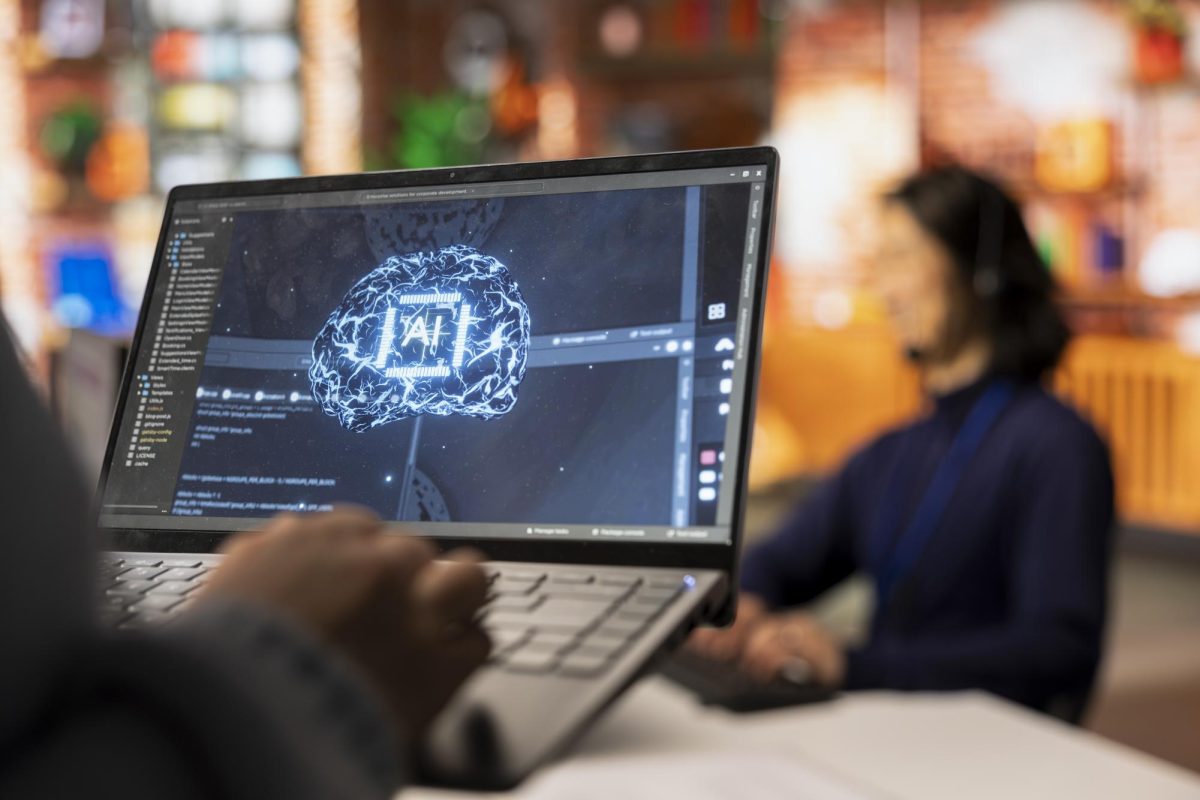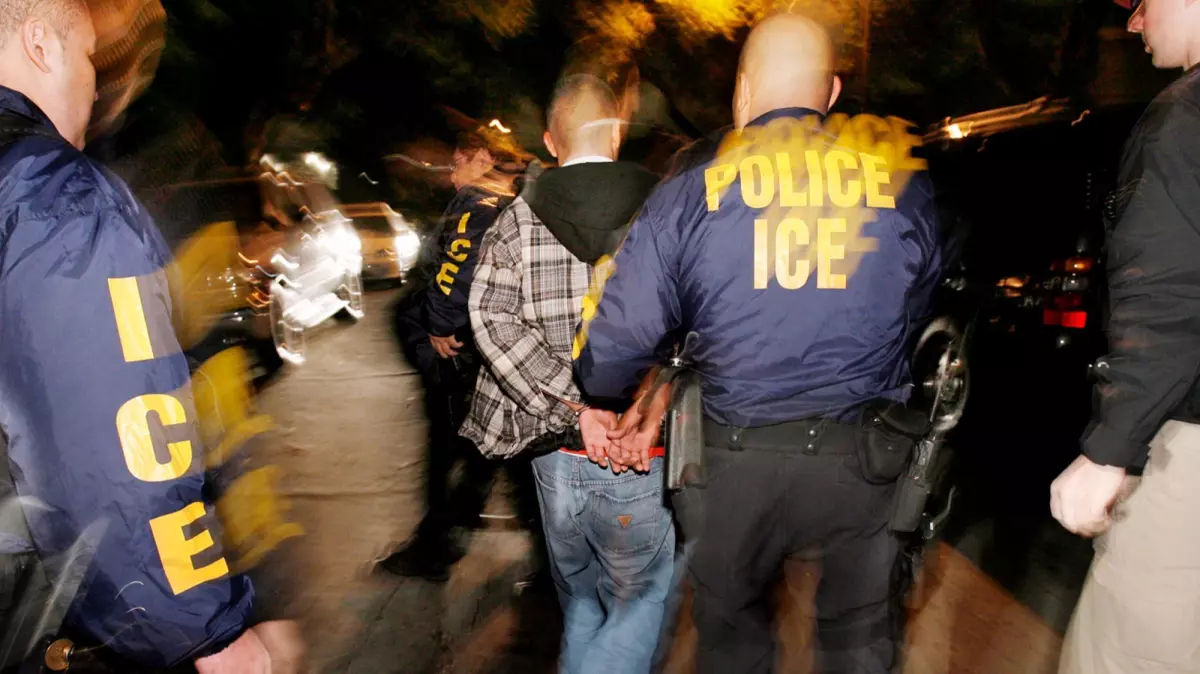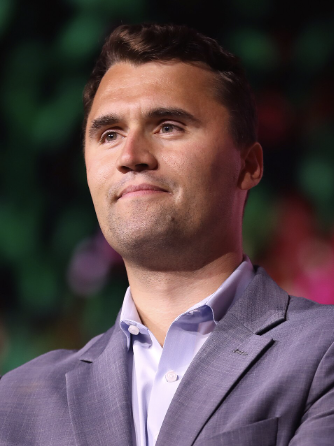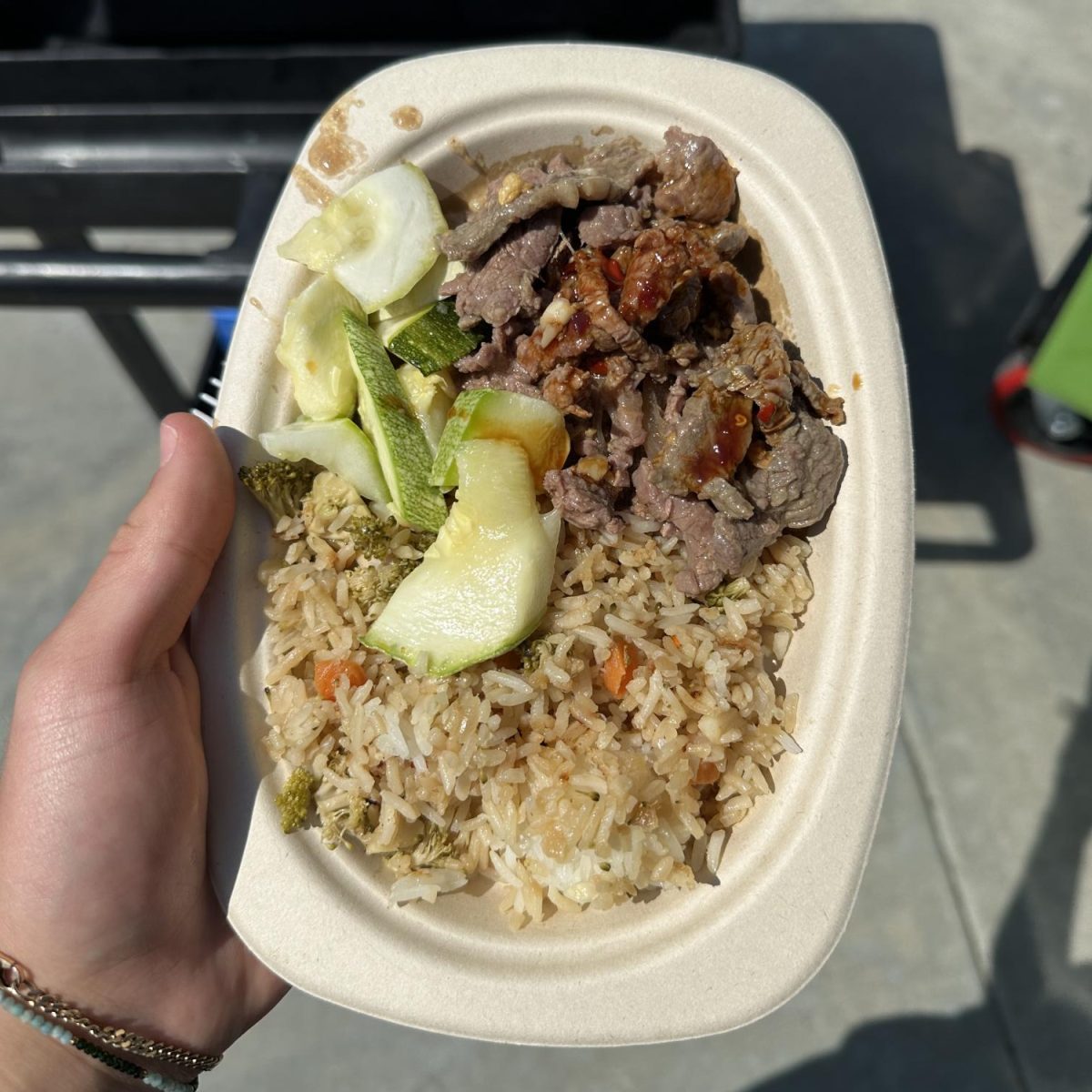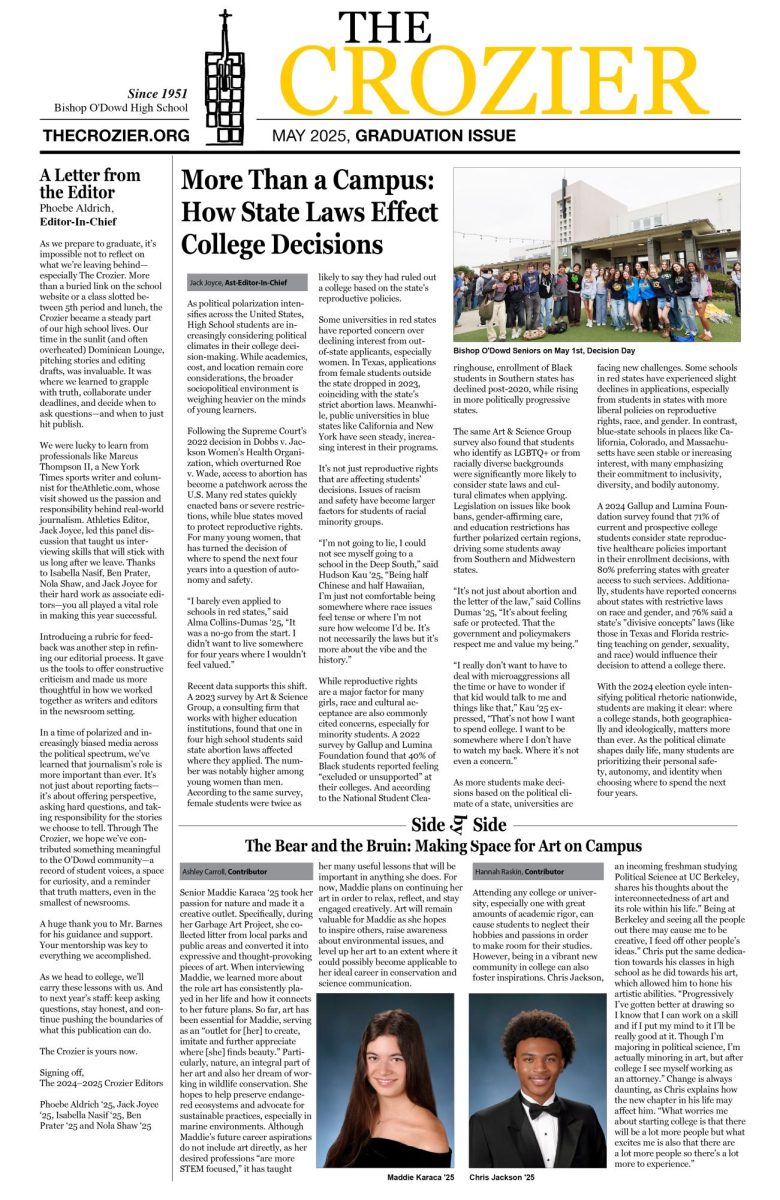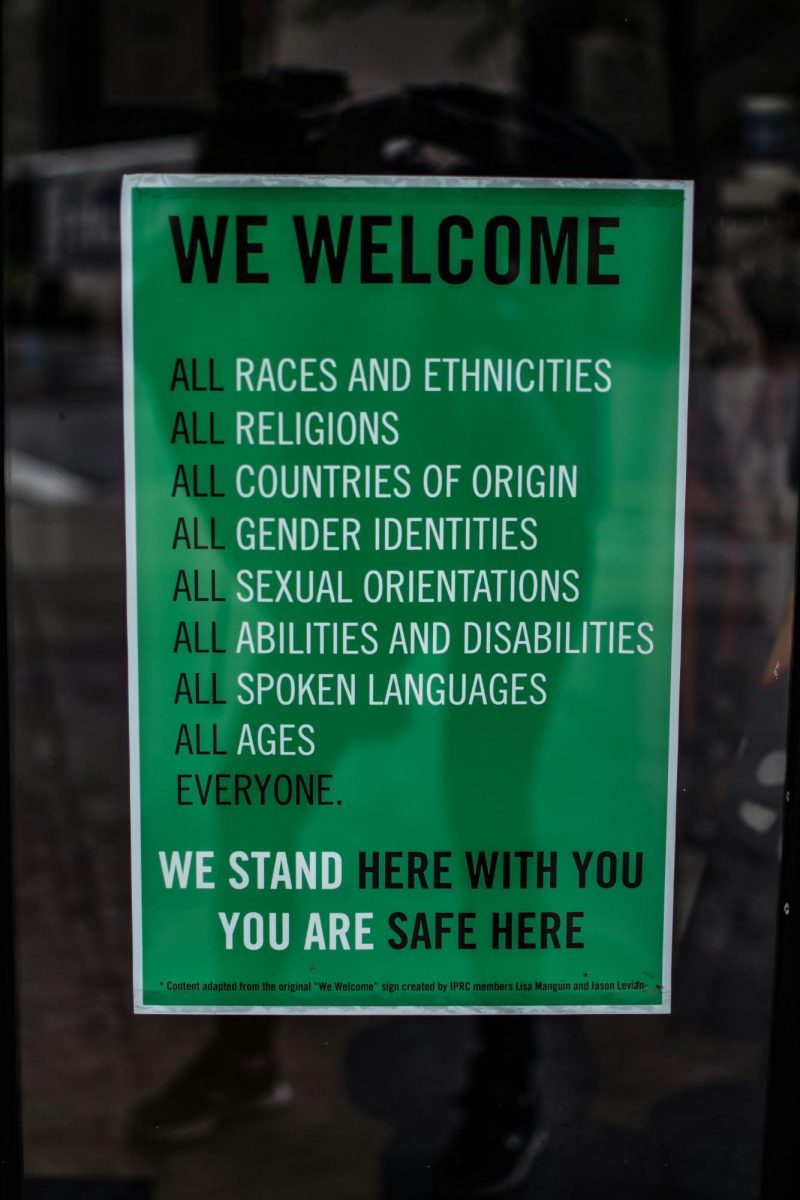The world’s growing dependence on artificial intelligence has sparked controversy as it reshapes the workplace and raises questions for how it will impact the jobs and people that companies seem ready for it to replace. AI has redefined the way people do work, leaving many uncertain about how to keep up.
Artificial intelligence, or AI, refers to the simulation of human intelligence by a computational system. It is used to solve problems, analyze data, and gather and report information at a rapid rate. The integration of artificial intelligence into online platforms has surged in recent months as its abilities have advanced exponentially. Google has fully incorporated it into their browsing tool, while Meta offers an array of AI chatbots for its Instagram users to interact with.
AI is being used on a larger scale as more and more companies turn to it as a cheap and efficient alternative to human employees. Because of this, job instability in some fields has emerged, with jobs in computer programming expected to decline by 10% and executive assistant positions by 20% by 2033. According to statistics by National University, entry level positions will be most affected, with 50 million jobs to become automated in coming years. Graphic design, finance, and customer service are also among the jobs affected by the AI switch.
Still, a growing reliance on AI does not necessarily solely indicate job loss; in fact, it more so signals the need for people in different fields to adapt the way they work. Millions of people across the United States are expected to train in AI usage in the next three years, while half of workers will need to develop new skills in order to similarly adjust to it. Tynes highlighted critical thinking and adaptability as the most important skills for students to have as the workforce continuously evolves with technology and AI. Companies will similarly begin actively seeking out qualities like resilience and creative thinking, with “analytical thinking, curiosity, and lifelong learning [being] among the top 10 skills on the rise for future jobs,” according to a National University statistic.
Mr. Barnes, Student Publications teacher and Director of Academic Support, a recent novelist with an audiobook releasing in October, says, “I think AI is really making me think about the future of creativity. Should we be calling folks who use AI to create art or literature, artists, or is it better to call them commissioners? It was Michelangelo not the Vatican that brought the sculpture out of the marble.”
The impact of AI is also definitely on students’ minds as they begin to think about college and their careers. Marlo Pierre ‘27 expressed her perspective on how she felt about adapting to the shift. “I think that if AI was handled ethically and as more of a tool than a crutch, then I think I could definitely work with it,” she stated, “But for now I’m going to say no.”
The evolution of the workplace to include AI demands workers to actively prepare for the profound change that it brings. Artificial intelligence is reshaping work: it may displace some jobs, but it’s also creating a demand for people to adapt to its presence by developing new skills.
Tynes is hopeful that people can work with AI instead of fearing it. “I don’t think people should be afraid: I think they should ask themselves what they can do to learn more about this tool so that it’s not something that they feel is negatively impacting or taking away their job,” she asserted. “How is it shifting my work culture, and am I ready for the shift?”

